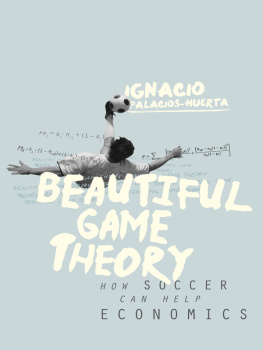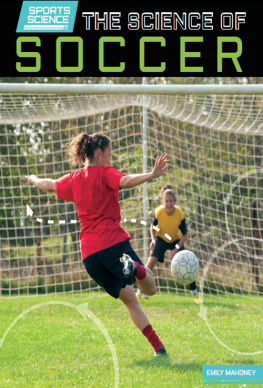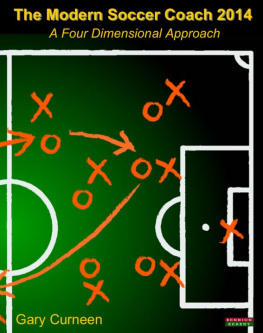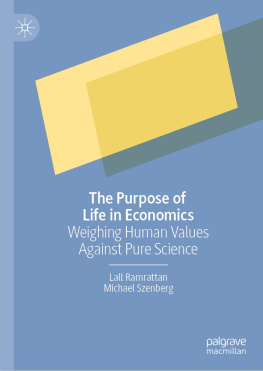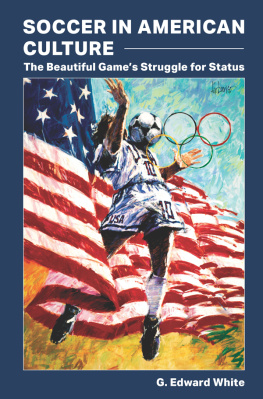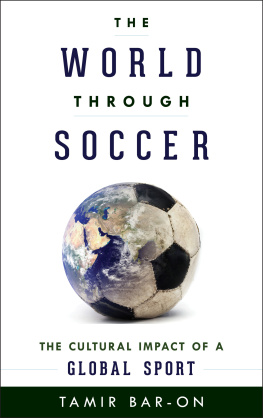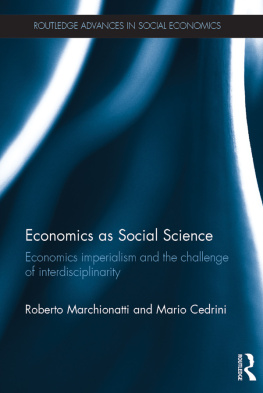
BEAUTIFUL GAME THEORY
BEAUTIFUL GAME THEORY
How Soccer Can Help Economics
IGNACIO PALACIOS-HUERTA
PRINCETON UNIVERSITY PRESS
Princeton and Oxford
Copyright 2014 by Princeton University Press
Published by Princeton University Press, 41 William Street,
Princeton, New Jersey 08540
In the United Kingdom: Princeton University Press, 6 Oxford Street,
Woodstock, Oxfordshire OX20 1TW
press.princeton.edu
All Rights Reserved
Library of Congress Cataloging-in-Publication Data
Palacios-Huerta, Ignacio
Beautiful game theory : how soccer can help economics / Ignacio Palacios-Huerta.
pages cm
Summary: A wealth of research in recent decades has seen the economic approach to human behavior extended over many areas previously considered to belong to sociology, political science, law, and other fields. Research has also shown that economics can illuminate many aspects of sports, including soccer. Beautiful Game Theory is the first book that uses soccer to test economic theories and document novel human behavior. In this brilliant and entertaining book, Ignacio Palacios-Huerta illuminates economics through the worlds most popular sport. He offers unique and often startling insights into game theory and microeconomics, covering topics such as mixed strategies, discrimination, incentives, and human preferences. He also looks at finance, experimental economics, behavioral economics, and neuroeconomics. Soccer provides rich data sets and environments that shed light on universal economic principles in interesting and useful ways. Essential reading for students, researchers, and sports enthusiasts, Beautiful Game Theory is the first book to show what soccer can do for economicsProvided by publisher.
Includes bibliographical references and index.
ISBN 978-0-691-14402-3 (hardback)
1. EconomicsPsychological aspects. 2. SoccerEconomic aspects. 3. Game theory. I. Title.
HB74.P8.P27 2014
330.0151932dc23 2014003345
British Library Cataloging-in-Publication Data is available
This book has been composed in Baskerville 120 Pro & Raleway
Printed on acid-free paper.
Printed in the United States of America
10 9 8 7 6 5 4 3 2 1
To Ana, Ander, and Julene
To Mara Luz, Javi, Patxo, Anton, Jon,
and to the memory of my father Jos Antonio
BEAUTIFUL GAME THEORY
INTRODUCTION
Economy is the art of making the most of life.
GEORGE BERNARD SHAW
Politics and high-profile sport, like religion, are about the whole of life.
REVEREND MICHAEL SADGROVE (LETTER TO PAOLO DI CANIO)
TOWARD THE END OF THE 20012 SOCCER SEASON, A GROUP OF YOUNG MEMBERS of the Brigade of Martyrs of Al Aqsa met with a reporter from the Sunday Times of London in the depths of a basement in the Palestinian territory of Gaza. The candidates to martyrdom were talking to the journalist about the pain of their people, their wish to die rather than live like slaves, and their dreams of hearing Israeli mothers mourn their sons deaths, when another member of the group stormed into the basement. Manchester United, 5, he announced, West Ham United, 3. Beckham scored two goals! The terrorists exploded in joy, shouting Allah Akbar! [God is great!].
We hardly need to be reminded of the unique place that soccer occupies in the world today. Things, however, were very different one century ago. As Gonzlez (2008) notes, the accelerated industrialization of the 19th century bequeathed to the 20th century two mass phenomena that were oddly intertwined: Marxism and soccer. Both were born out of migration from rural areas to the cities and the alienation of the new proletariat. Marxism proposed the socialization of the means of production and the hegemony of the working class as a solution. Soccer proposed a ball, 11 players, and a flag. One century later, there is no doubt about which proposal was more attractive.
Of the three ingredients that soccer offers, the most essential to its success is neither the ball nor the players but the flag. I shall clarify this point. Before the masses were dispossessed, sporting ideals were based on the hero. The great athlete, model of virtue, embodied collective aspirations. In continental Europe, this model was the case until well into the 20th century. It is remarkable that the two oldest sports dailies in Europe, La Gazzetta dello Sport (1896) and El Mundo Deportivo (1906), were born to report on cycling, not on soccer. The bicycle was the dream for the poor. The hero was a skinny man, stooped on the handlebars, heaving his lungs on unpaved roads. But cycling, so rich in individual metaphor, lacked the social metaphor. The time was not about the individual but about the masses, for the flag. And cycling failed to express and capture the clan, the temple, the war, and eternity. All these phenomena, however, were in soccer: the clan (football club), the temple (the stadium), the war (the enemy is the other club or another city or another country), and eternity (a shirt and a flag whosesupposedly glorioustradition is inherited by successive generations). In soccer, you never walk alone.
And so, more than a century after soccer was officially born, we find that 5% of all the people who ever lived on this planet watched the final of the last World Cup between Holland and Spain. Equivalently, if the idea of counting people not alive seems strange, sources report that about 50% of humans who were alive on July 11, 2010, watched the final of the last World Cup.
This book is an economics book, and soccer is the common thread of all the chapters. But the nature of the relationship between economics and soccer studied here is not entirely obvious. Over recent decades, economics has extended across many fields and conquered areas previously considered to belong to sociology, law, political science, history, biology, and other sciences. Economics can also conquer the analysis of sports, including the beautiful game, and, indeed, research has shown that economics can say many things about soccer and other sports. But this is not the motivating idea behind this book. This is not a book about what economics can do for soccer. The idea is precisely the opposite: It is about what soccer can do for economics.
In the 16th and 17th centuries, stones falling from towers in Pisa and Florence sparked fundamental insights for Galileo Galilei (15641642) in his tests of the theory of gravity. Sir Isaac Newton (16421727) followed the same concept in the 17th and 18th centuries but worked with data from apples falling from trees. Apples or stones contributed to providing the empirical evidence necessary to evaluate a number of theories of physics for the first time. Just as data involving stones and apples were useful in physics, data from soccer are useful for economics. Soccer replaces apples and stones, and economics replaces physics. Using data from soccer, this book attempts to obtain and present novel insights into human behavior. This difference is what distinguishes this book from other economics books and from other books on the study of sports.
Talking about distinctions, what most distinguishes economics as a discipline from other disciplines is not its subject matter but its approach. The economic approach is applicable to all human behavior (Becker 1976). In other words, because it is an approach applicable to all forms of human behavior, any type of data about human activity is potentially useful to evaluate economic theories. In fact, sports are in many ways the perfect laboratory for testing economic theories for a number of reasons. There is an abundance of readily available data, the goals of the participants are often uncomplicated (score, win, enforce the rules), and the outcomes are extremely clear. The stakes are typically high, and the subjects are professionals with experience. And so, if one of the attractions of spectator sports is to see occasionally universal aspects of the human struggle in stark and dramatic forms, their attraction to economists is to illustrate universal economic principles in interesting and tractable ways (Rosen and Sanderson 2001).
Next page
